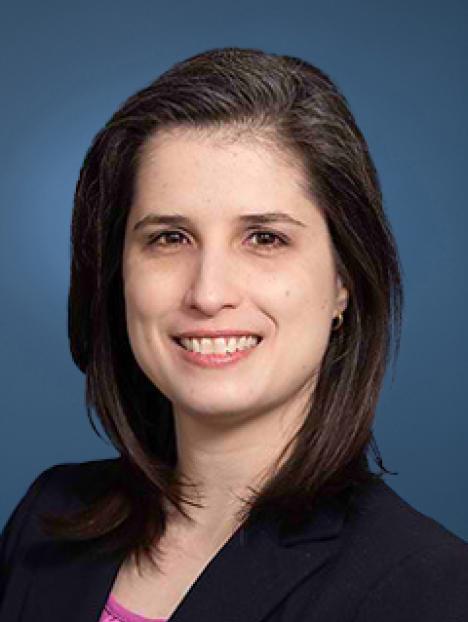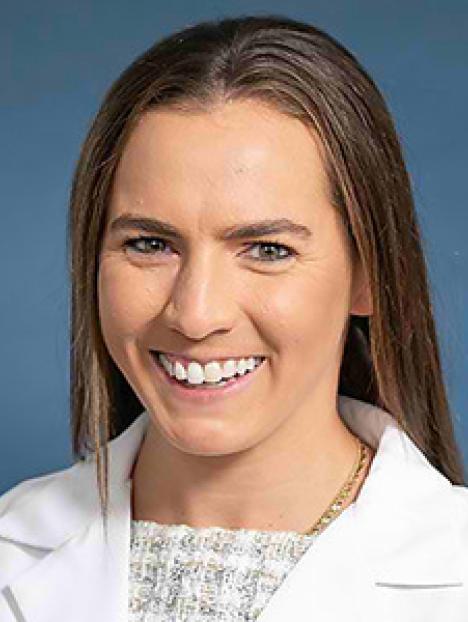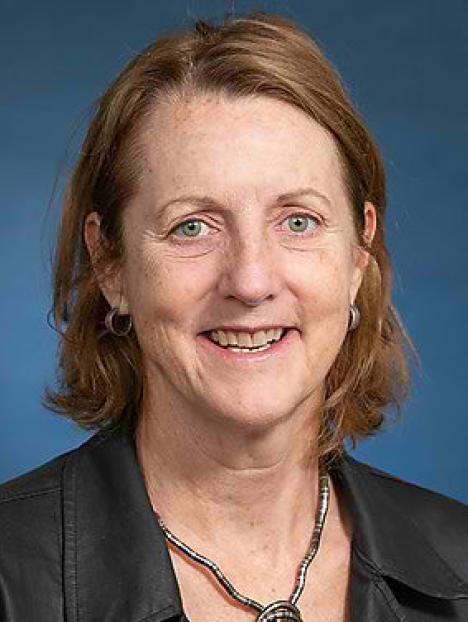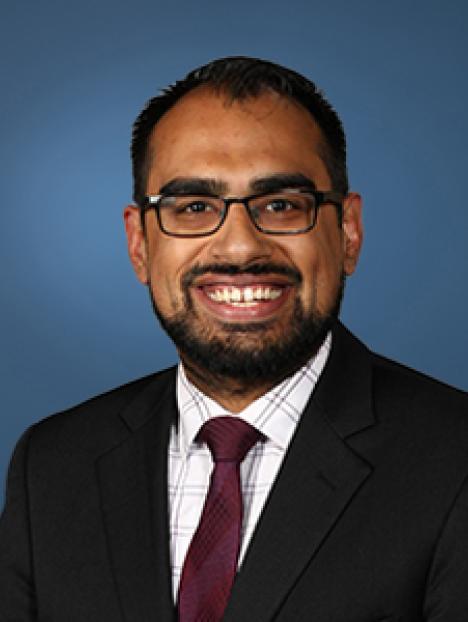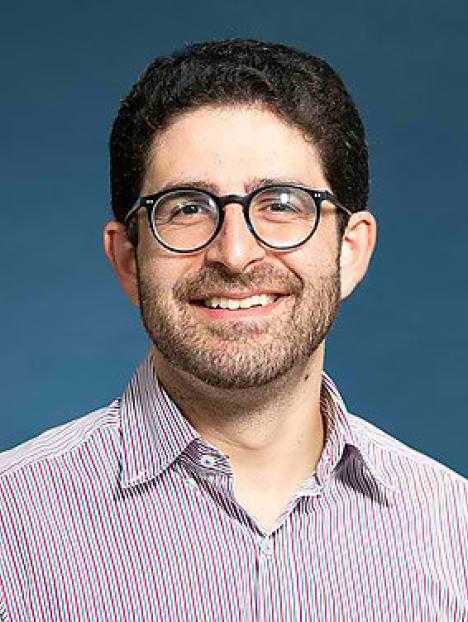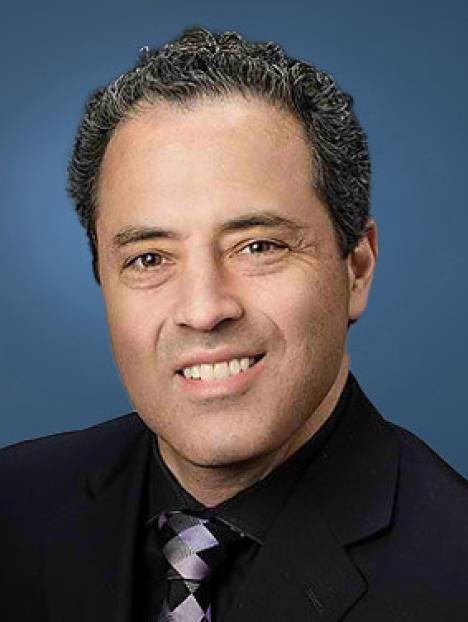PACE Award Winners
2024 PACE Prize Winner: Self-Learning Medical ARTificial Intelligent (SMARTI) Approach to Diagnose Chronic Traumatic Encephalopathy
With the PACE award, we plan to conduct a feasibility study that will enable us to potentially diagnose chronic traumatic encephalopathy (CTE) during life. Our objective is to develop imaging tools capable of sensitively and accurately quantifying the progression of disease pathology in an established CTE mouse model. Building on existing field knowledge that glymphatic efflux is impaired after brain injury, we will focus on assessing fluid flow in the cerebrospinal fluid space via deep learning assisted imaging methods. We will use the mouse model in concert with new methods for enhancing glymphatic efflux of substances from the brain. This multi-pronged approach will provide opportunities to simultaneously validate the imaging approach and deepen our understanding of disease progression for preventing CTE.
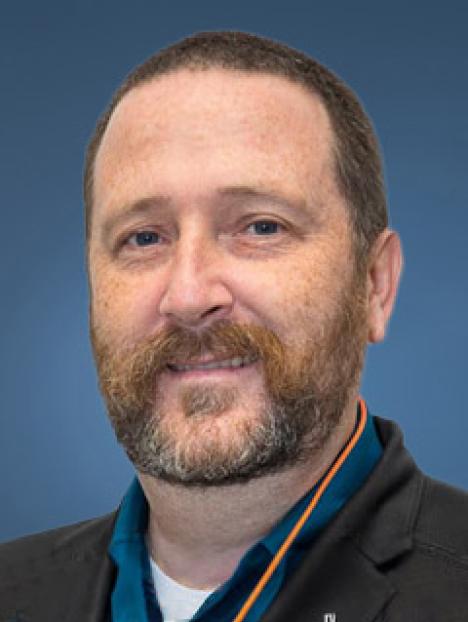
Clifford Lindsay

M. Salman Shazeeb

Rachael Sirianni
2024 PACE Prize Winner: SDoH-MMC: addressing Social Determinants of Health with Mobile Multi-disciplinary Clinics
Adverse social determinants of health (SDoH) encompass various challenges such as financial strain, food and housing insecurity, unstable employment, language barriers, and mobility difficulties. Providing care to underserved populations facing adverse SDoH is difficult due to several factors: notably, a lack of best practices for identifying communities with the highest social risks and needs, and a lack of healthcare infrastructure tailored to address the inequities stemming from adverse SDoH. Current approaches for SDoH screening are biased towards patients with regular medical encounters, creating SDoH screening “deserts” in communities facing adverse SDoH. To address this problem, we propose to use geographic information systems (GIS) approaches to identify communities with high social risks and low SDoH screening rates (Aim 1). We will then validate our GIS approach with a community-based SDoH intervention delivered through an established mobile multidisciplinary clinic (MMC) staffed by a robust group of licensed medical providers (Aim 2). At the MMC, community navigators will enroll and train patients on how to use the UMass Memorial Health (UMMH) MyChart patient portal and collect SDoH screening data in real time. Individuals who indicate an unmet social need will be automatically enrolled in the Get Well platform, a UMMH text messaging program to connect patients with community resources. The community navigators will then follow-up with the patients who reported an unmet social need to document social care received, reassess social needs, and provide further support, as needed.
This informatics-informed, community-driven program will be led by a multidisciplinary team of UMMH/UMass Chan Investigators.

Daniel Amante

Elena Byhoff
Medical Director, SDOH, Office of Clinical Integration

Tammy Nguyen
Medical Director of Lower Extremity Wound Clinic

Adrian Zai
2023 PACE Prize Winner: The PACED Intervention: Paramedic-Assisted Community Evaluation (after) Discharge
The period following a hospital discharge is medically precarious in older adults, who are readmitted at alarming rates. However, implementing a rapidly deployable, efficacious, and sustainable program to ensure a safe transition to the community for recently discharged older adults, especially those who are frail, remains a significant challenge. Read how one team aims to build upon some proven efforts to make such a program a reality. Learn more.

John Broach
Assistant Professor, UMass Chan Medical School
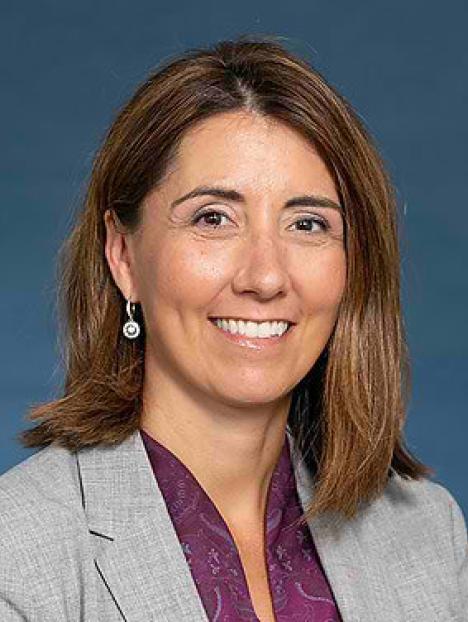
Kimberly Eisenstock
Associate Chief Medical Officer

David McManus
2023 PACE Prize Winner: Development of a Real-Time Artificial Intelligence System to Improve Diagnostic Accuracy and Facilitate Individualized Care for Patients with Cholangiocarcinoma
Available tools to diagnose Cholangiocarcinoma (CCA), a malignanc of the bile ducts, have low sensitivity and accuracy, which delays diagnosis. However, with the help of artificial intelligence, this PACE team may have the key to earlier and more accurate diagnosis of this disease, which will ultimately lead to better outcomes. Learn more.
2023 PACE Prize Winner: Music Therapy for Hospitalized Patients with Parkinson's Disease and Lewy Body Dementia: A randomized controlled pilot trial to prevent delirium
Music therapy has been shown to be effective for pain and mood, but can it prevent delirium and improve health care outcomes of our patients with Parkinson’s Disease and Lewy Body Dementia? One team of caregivers is determined to find out. Learn more.

Carandang Raphael
Vascular Neurology
Neuro Critical Care
Brain Injury Medicine
Associate Professor, UMass Chan Medical School

Vandana Nagpal
Hospice and Palliative Medicine
Associate Professor, UMass Chan Medical School

Jennifer Reidy
Palliative Care
Associate Professor, UMass Chan Medical School
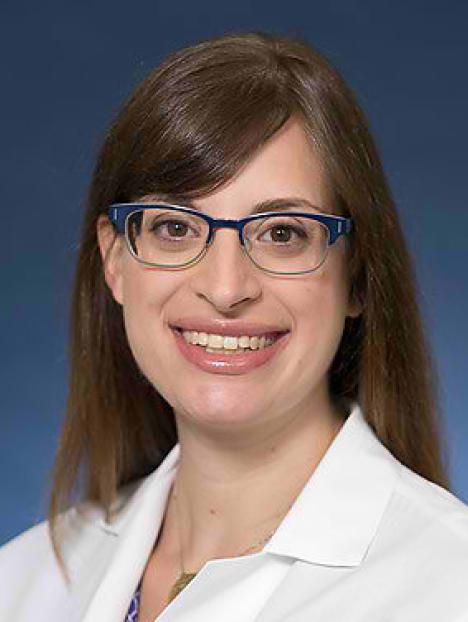
Kara Smith
Neuromovement Disorders
General Neurology
Assistant Professor, UMass Chan Medical School



